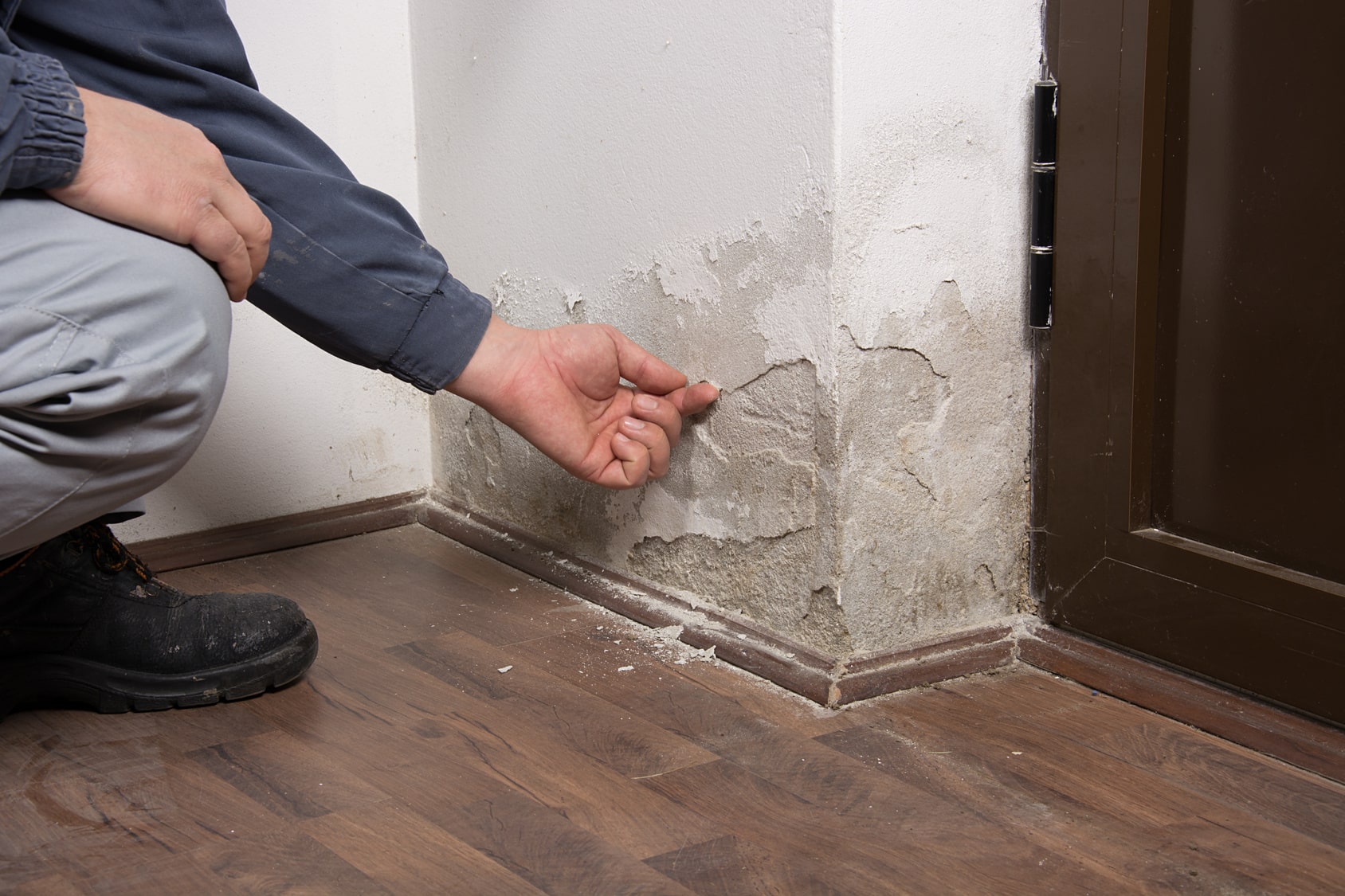Surveys can just feel like one more obstacle in the way of you occupying your dream home. But, a word of caution, without a survey you have no idea what’s going on behind the perfect plasterwork or the beautiful brick façade. And, where buying a property is concerned, that’s a risk that falls squarely on the buyer.

Caveat Emptor or Buyer Beware
It may sound like the title of a budget horror movie but ‘caveat emptor’ or ‘buyer beware’ is a long-held principle in English law. Its consequence is that when you exchange contracts with a seller you accept the property in the physical condition it’s in at the time. In a recent case - Laughton Manor – the Court of Appeal upheld this principle.
The purchase of £3.6million Laughton Manor was cancelled by the buyer after damp, rot and timber decay had been found in the property. However, it was cancelled after contracts had been exchanged and not before. As a result, the court found the buyers had to pay £385,000-£235,000 damages for breach of contract, in addition to a £150,000 forfeited deposit.

Why might you decide not to have a survey?
Maybe you’ve got friends who bought a property without a home survey and didn’t suffer any adverse consequences. Or perhaps you just don’t see the value of them. Below are just a few of the most common excuses posed for why people don’t get a pre-exchange survey done, as well as the very sensible reasons why you should.
1. The mortgage lender deals with the survey
No, lenders only protect their interests, not yours.
2. It’s too expensive
It's far more expensive to carry out extensive, unexpected repairs after the purchase. If you know about them in advance you can use this as a bargaining tool and negotiate on price, or choose to walk away if repairs will be too expensive for you to consider, but without a report to tell you this, you won't know until it's too late.
3. The property is a new build so should be fault-free
No building is fault-free. The new build guarantee only covers major and minor issues for two years and then major issues after that, up to 10 years so even if a property looks new, it may well be outside of this cover period. Newer builds too will often have a list of snagging issues, many of which can be relatively minor and the builders will fix, but if anything major hasn't been fixed by the builders and the house was bought new and quickly sold on, you may face issues so it's always better to be safe than sorry.
4. We’ve already agreed on a purchase price so why bother?
The purchase price can be re-negotiated right up to exchange. Once you have a report, you'll have more detailed information about the condition of the property you're buying so even if you've made an offer and it's been accepted, you can still change that offer if the results of the survey warrant you doing so.
The different surveys to consider
These are a few of the most popular buyer surveys, what they cost and what they might reveal.
Home Condition Report
The Home Condition Report is a fairly basic survey that will tell you about the property’s general condition and any urgent issues (approx £250).
Home Buyers Report
One level up, this one also covers structural issues, the central heating, roof, electrics and damp (approx £400-£500).
RICS Building Survey
If you want a survey that will uncover everything, even behind the walls and under the floorboards this is the one to choose (approx. £600 - £1,000).
According to industry research, only 1 in 5 buyers commission a survey before buying their own home and there are still too many cases of people who have found out to their cost why this is an erroneous move.
Buying a property is the biggest investment that most of us will ever make and it’s important to protect that investment from the start.
If you are in the process of moving, you can get a fast no-obligation conveyancing quote here.
UK Property Directory - To help you buy the right property or find the right property management service

